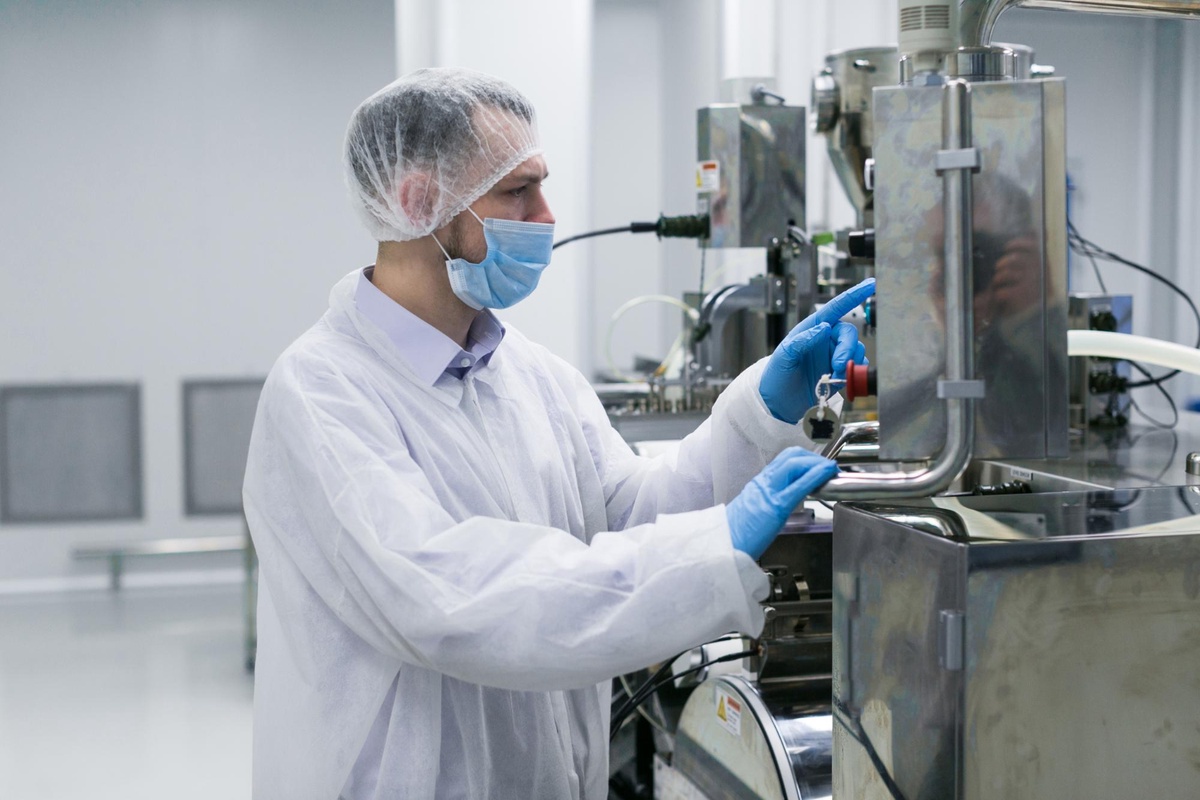In the intricate landscape of pharmaceutical manufacturing, the transfer of technology from one site to another is a critical operation. Whether it's due to scaling up production, optimising processes, or relocating manufacturing (pharmaceutical equipment manufacturers in india) facilities, the validation of these transfers is paramount. However, the validation process can often be time-consuming, leading to delays in getting vital medications to the market. Understanding why this validation process takes time and implementing strategies to expedite it is crucial for the pharmaceutical industry's efficiency and, ultimately, for patient access to essential drugs.
Why Does Validation Take Time?
- Regulatory Compliance: The pharmaceutical industry operates under stringent regulatory frameworks, such as the FDA in the United States and the EMA in Europe. Compliance with these regulations is non-negotiable and forms the cornerstone of drug safety and efficacy. Therefore, thorough validation is essential to ensure that transferred processes meet all regulatory standards.
- Complexity of Processes: Pharmaceutical manufacturing processes are inherently complex, involving numerous steps, variables, and quality control measures. Any change in these processes, such as a technology transfer, necessitates extensive testing and analysis to ensure that the product's quality, safety, and efficacy remain uncompromised.
- Risk Mitigation: The consequences of a failed technology transfer can be severe, ranging from production delays to compromised product quality. To mitigate these risks, pharmaceutical companies invest significant time and resources in meticulously planning, executing, and validating technology transfers. This meticulousness contributes to the overall duration of the validation process.
- Data Integrity: In an era where data integrity is paramount, ensuring the accuracy, reliability, and traceability of data generated during the validation process is essential. Any discrepancies or inconsistencies must be thoroughly investigated and resolved before proceeding, adding to the validation timeline.
Strategies to Expedite Validation:
- Preparation is Key: A comprehensive pre-transfer assessment can significantly streamline the validation process. By thoroughly understanding the existing and target processes, potential risks can be identified and mitigated proactively. Additionally, aligning documentation, equipment, and personnel beforehand can expedite the transition.
- Utilise Advanced Analytical Tools: Embracing advanced analytical technologies, such as predictive modelling, process simulation, and statistical analysis, can enhance the efficiency and accuracy of validation studies. These tools enable companies to anticipate potential issues, optimise processes, and prioritise validation activities, ultimately reducing time and resources.
- Collaboration and Knowledge Sharing: Establishing effective communication channels and fostering collaboration between site teams, subject matter experts, and regulatory authorities can facilitate knowledge sharing and expedite decision-making processes. Leveraging collective expertise and experiences can lead to innovative solutions and streamlined validation workflows.
- Implement Risk-Based Approaches: Adopting risk-based validation approaches allows companies to focus resources on critical process parameters and control points, thereby optimising the validation effort. By identifying and addressing high-risk areas early in the process, unnecessary delays can be minimised without compromising product quality or regulatory compliance.
- Continuous Improvement Culture: Cultivating a culture of continuous improvement encourages proactive identification of inefficiencies and implementation of corrective actions. Regularly evaluating and optimising validation processes based on lessons learned and industry best practices can drive efficiency gains and shorten validation timelines over time.
Conclusion:
While the validation of pharmaceutical manufacturing processes (Machine Manufacturing Companies) during site-to-site technology transfers poses significant challenges, proactive strategies can help expedite the process without compromising regulatory compliance or product quality. By leveraging advanced technologies, fostering collaboration, and embracing risk-based approaches, pharmaceutical companies can streamline validation workflows and accelerate the transfer of critical medications to patients in need. Ultimately, a commitment to efficiency, innovation, and continuous improvement is essential for navigating the complexities of technology transfers and ensuring timely access to life-saving pharmaceuticals.


No comments yet